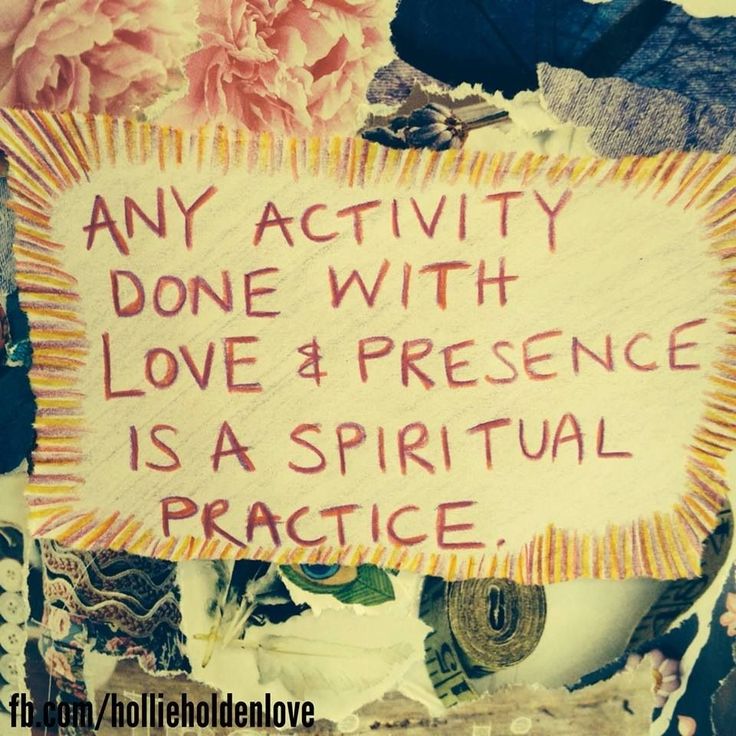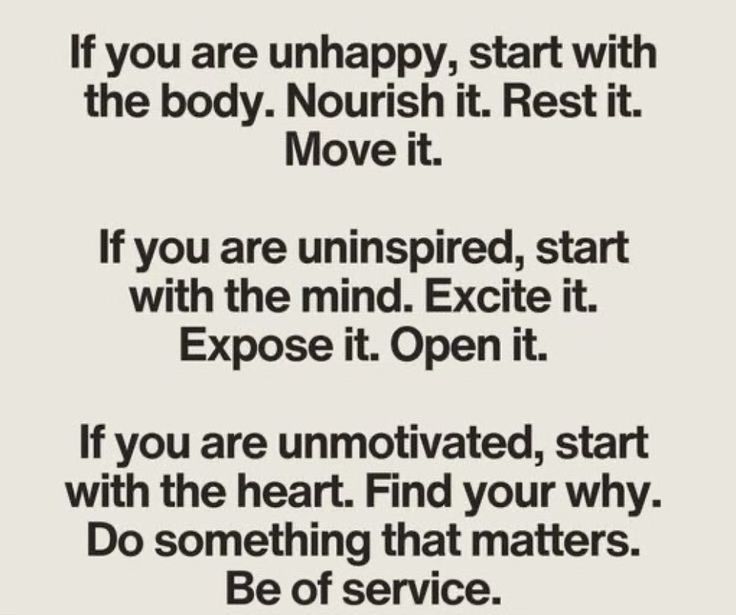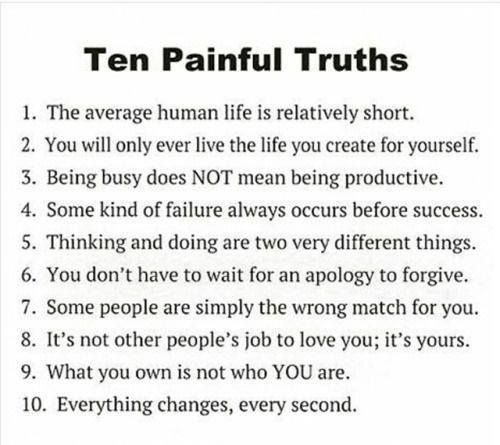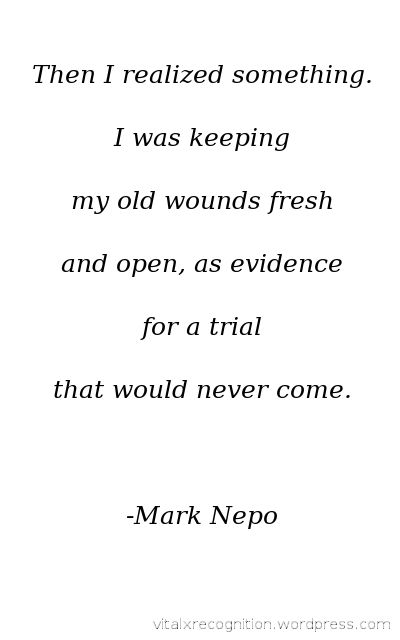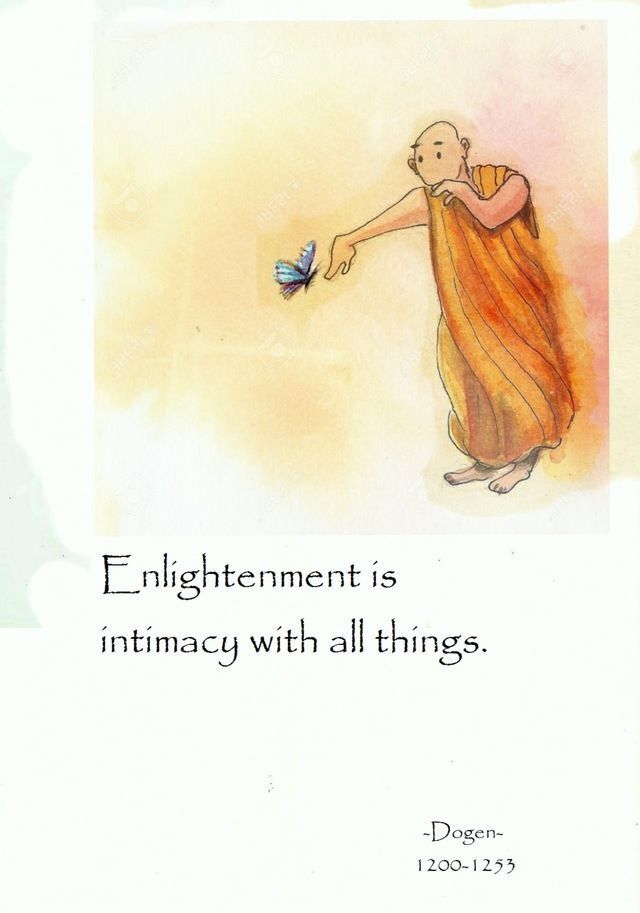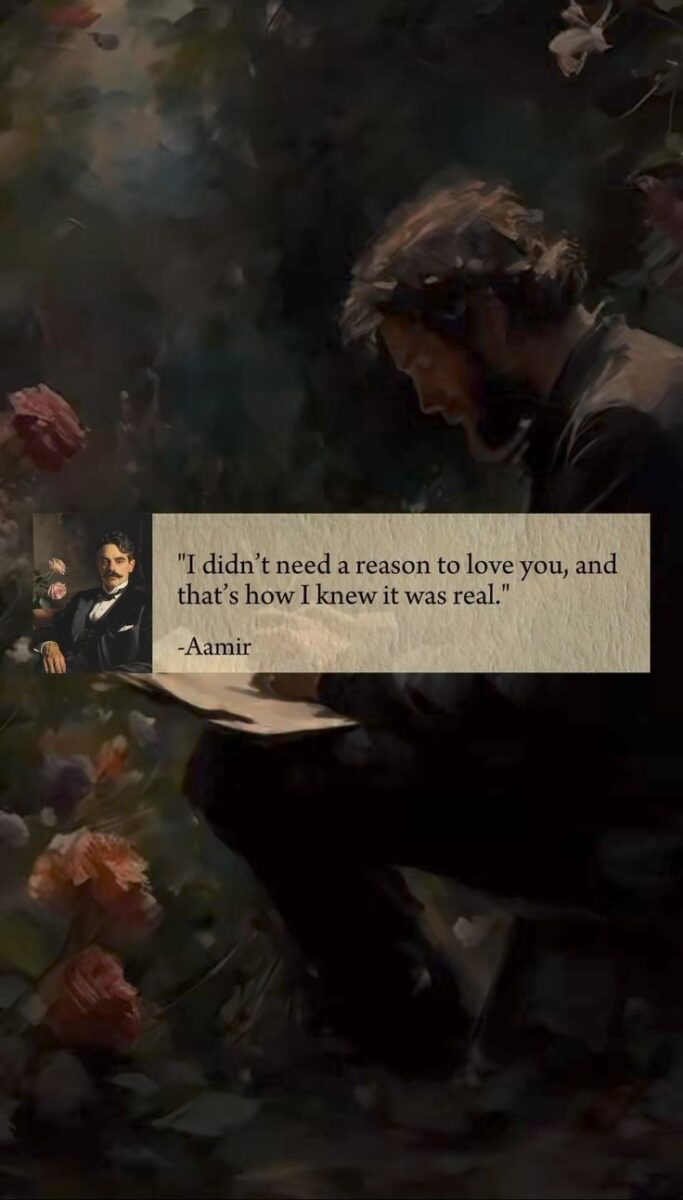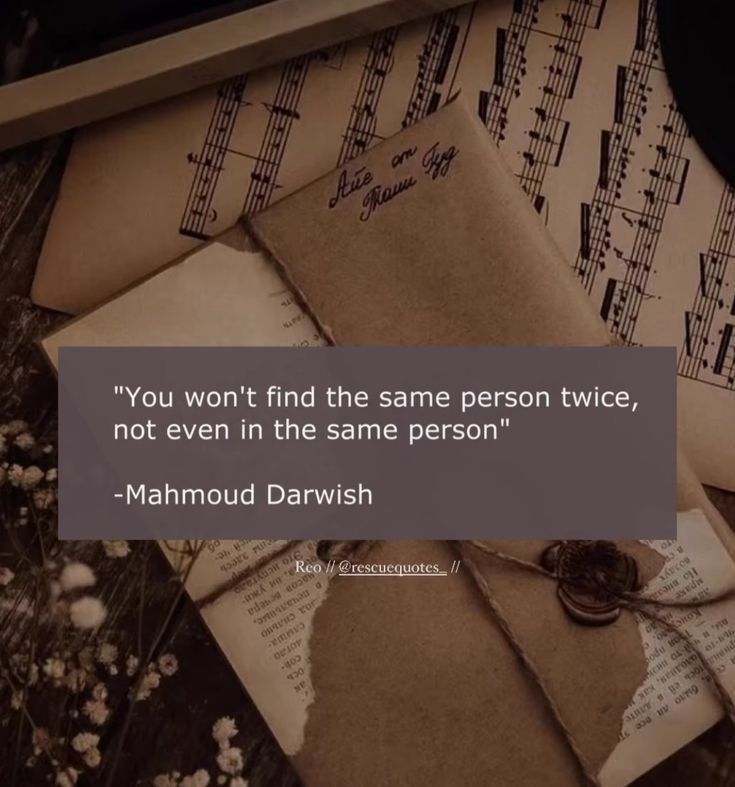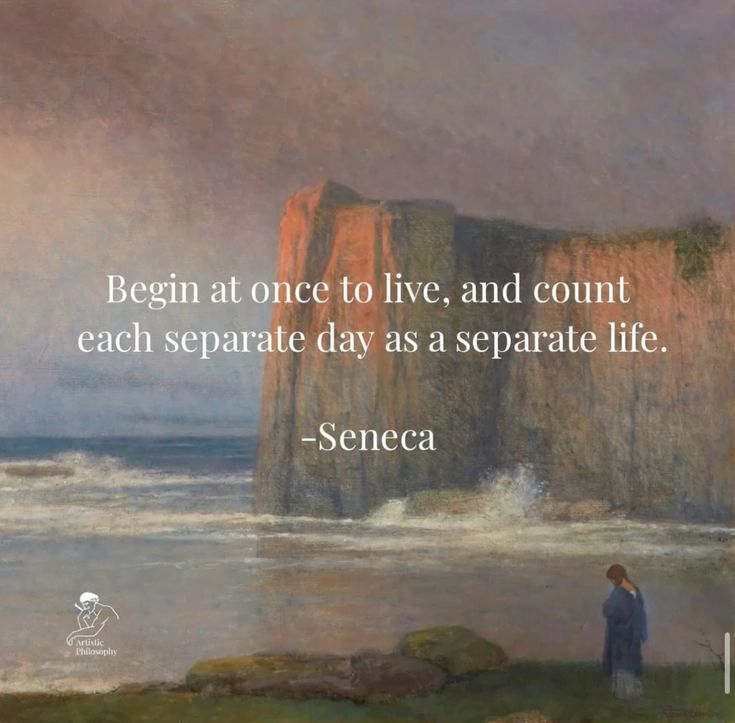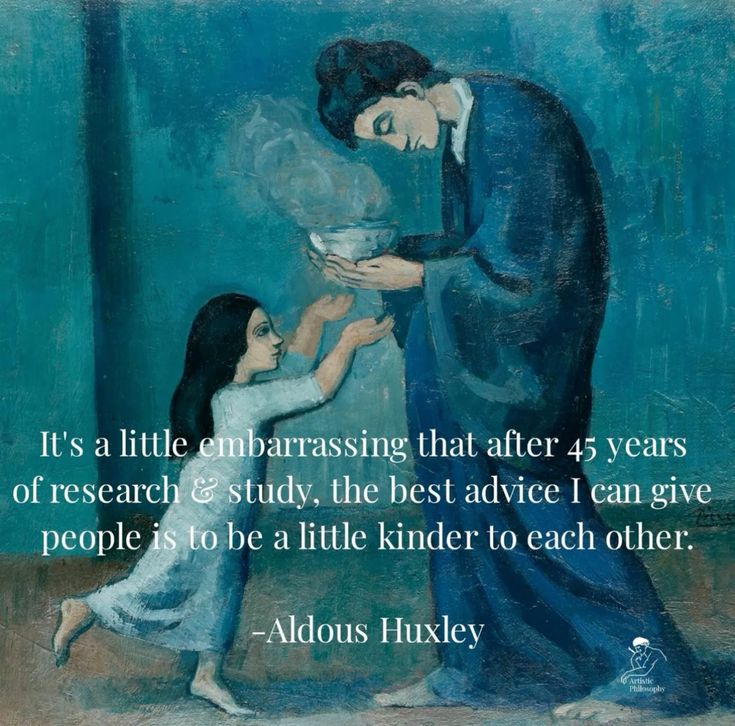“As I see it, life is always a great journey—with many highs, regressions, and failures, but no destination. It’s our task to find every opportunity for adventure and challenge along that grand journey.”
Bert R. Mandelbaum, MD, via The Win Within (Page 102)
“Wonder and wander come from the same root. A fixed mind becomes incapable of wondering, because it has become incapable of wandering. So be a wanderer, like a cloud, and each moment brings infinite surprises. Remain homeless. Homelessness doesn’t mean not to live in a home. It simply means never become attached to anything. Even if you live in a palace, never become attached. If a moment comes to move, you move—without looking back. Nothing holds you. You use everything, you enjoy everything, but you remain the master.”
Osho, Everyday Osho (Page 340)
“Each one of us has the ability to manifest hope and optimism inside ourselves. We can calm our minds, motivate ourselves, and master our attitudes. But there are many things that we cannot prepare for, as we don’t completely live within ourselves. There is an external, outside world that brings to us challenges and hardships that we must confront every day. Some we expect, some we do not, but there is always something that we can do to be ready: develop a consistent attitude of hope and optimism. These twin attitudes collaborate in a wonderful synergy that prepares you for any and all circumstances. Have hope, think positively, and the world will be yours!”
Bert R. Mandelbaum, MD, via The Win Within (Page 93)
“In Adventures of an Incurable Optimist, a documentary about optimism and its power, [Michael J.] Fox asked a number of people how they would define optimism. One boy smiled and said, ‘Optimism is like Santa.’ He was right: optimism is a gift giver, one that keeps on giving. I have learned that optimism will help you and others find your way even when the path is not obvious. It is an attitude and a way of life that can and will drive us to where we need to be.”
Bert R. Mandelbaum, MD, via The Win Within (Page 89)
“There’s no such thing as lost. The term itself assumes an end-state that simply does not exist in your life. Life is nothing more than a constant process of finding. Learning, uncovering, becoming, discovering. Treat it that way: Give yourself some grace and remember that every single moment—good and bad—contributes to your life’s story. That story always reads better when the struggle is profound. So, embrace it. You’re not lost, you’re just finding.“
Sahil Bloom
“Inner peace is not something you assemble externally; it is a perspective in your mind that is anchored in the truth of impermanence. When you deeply understand that all situations change, you cling to everything less. You appreciate the things that are enjoyable, and you are not troubled when they end. You face challenges when they arise, but you know that no storm lasts forever.”
Yung Pueblo



